16 Types of Childless Grief Part One
Grief is a natural and universal human experience. The grief of childlessness is complex and multifaceted. Depending on the individual, circumstances, and cultural context, it can manifest in various ways.
This post is the first in a series of five articles about childless grief.
I will look at the 16 types of grief and how they relate to the childless, not by choice experience.
This post looks at the first three:
Normal Grief
Anticipatory Grief
Complicated Grief
Simply knowing the kinds of grief won't fully ease your emotions, but this knowledge can provide some comfort. It may help you understand, talk about and relate to your grief.
You may not have experienced or relate to all the types of grief on this list. Many overlap or act as umbrella concepts for those further down the list. I invite you to take what is helpful and leave the rest.
Before we dive into the list, here are a few things to note about grief.
It is important to remember that all grief is valid, and it doesn't do anyone any good to compare. Your grief is not easier or more complicated compared to anyone else's experiences. Your experience is your experience and needs time and space to be integrated.
When situations are challenging, feelings are big, and you are uncomfortable, it is natural to want things to change. It takes work to be with the experience. The hard truth is it won't go away if you ignore or minimize it. Cultivating a relationship with grief is vital to working with it over your lifetime.
Yes, that is right, I just said, over your lifetime. Your life experiences shape who you are, and the events that inspire grief change you. Therefore, the attention you give to grieving will significantly impact your life. More on this in another post!
Let's look at the first three types.
Normal Childless Grief
I don't love using the word 'normal' here as it has a dismissive quality, but on the other hand, it highlights that what you feel is normal. It is hard to talk about grief, so we don't. As a result, many people feel isolated and unique in their grief experience. Knowing the physical, behavioural, emotional, and social responses you might encounter can be helpful.
"Examples of physical reactions to grief:
An actual tightness in your chest
Feeling weak
Lack of energy
Nausea
Heart palpitations
Restlessness
Tearfulness
Examples of behavioural reactions to grief:
Forgetfulness
Confusion
Absent-mindedness
Examples of emotional reactions to grief:
Anger
Shock
Denial
Numbness
Loneliness
Relief
Apathy
Irritability
Misplaced anger
Examples of social reactions to grief:
Being unusually dependent on other people
Withdrawing from friends
Relationship difficulties
Avoiding family
Avoiding colleagues
Avoiding friends
Increased substance abuse
Neglecting yourself but caring for others"
(n.d.). 16 different types of grief people experience. Talkspace. https://www.talkspace.com/blog/types-of-grief/
The following types of grief have all the characteristics of ‘Normal Grief’ but are categorized as different types for relatability and to account for nuance.
Anticipatory Childless Grief
As the name implies, anticipatory grief occurs before the actual grief-causing event plays out. This type of grief is common for those facing the possibility/probability of being unable to have children. It can be challenging to navigate as society does not recognize or acknowledge it. It can also be difficult because you may feel this type of grief while still trying to expand your family. It can be confusing, as it can feel like giving up hope while still keeping some hope alive.
Thankfully, we have the capacity to hold opposing emotions at once.
Acknowledging this type of grief early on is helpful as a starting point for cultivating a relationship with grief.
Complicated or Prolonged Grief of Childlessness
According to the Mayo Clinic, "In complicated grief, painful emotions are so long-lasting and severe that you have trouble recovering from the loss and resuming your own life." Another definition of complicated grief includes a loss of identity. This loss of identity is significant in the childless, not by choice experience. The loss of being a mother, or potentially being a mother is destabilizing and requires a complete re-visioning of your life. This loss of identity can have a ripple effect into work situations, friendships, partnerships and social relationships.
The grief of childlessness is a complex and individual experience that can manifest in various ways. Each type of grief deserves attention and support from loved ones and professionals. It is important to remember that there is no right or wrong way to grieve, and everyone should be allowed to process their emotions in their own time and manner.
Which types of grief do you relate to?
How does this show up in your life?
With patience, understanding, and compassion, we can help each other navigate through the difficult childless, not by choice, grief journey.
For more on healing childless grief, please visit here.
Read part two here



